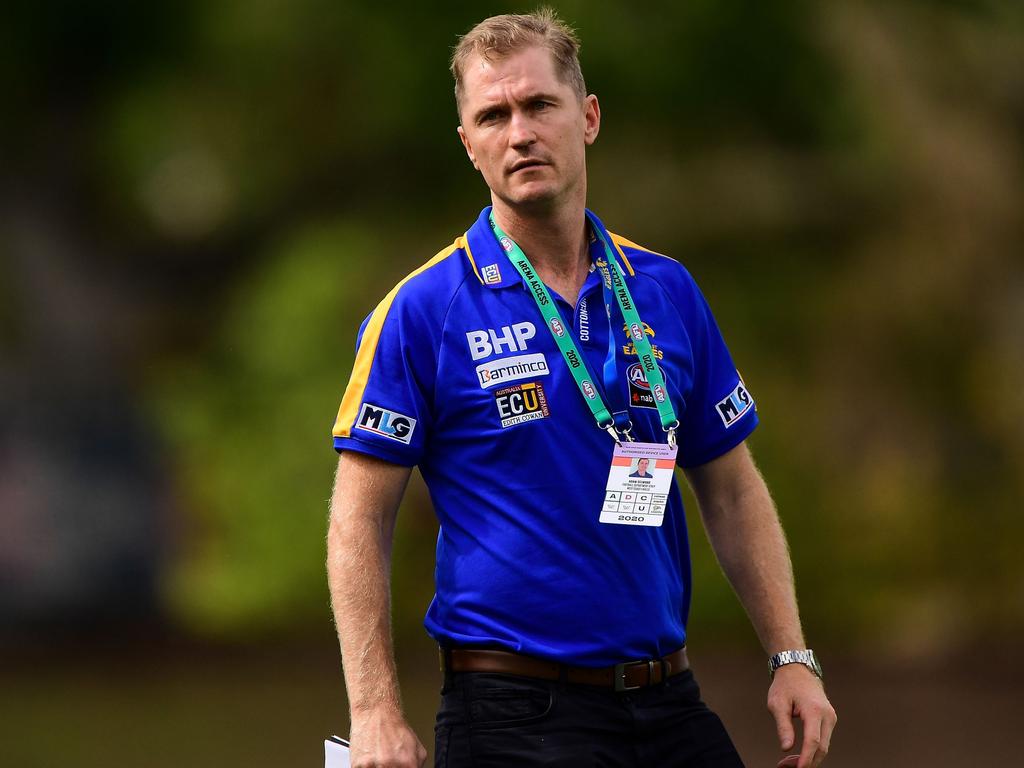Jeff Kennett: Holding a mental health round is not the answer to tackling suicides
The deaths of Adam and Troy Selwood have sparked calls for the AFL to hold a mental health round every year, but there are better ways we can try and reduce the act of suicide.
Opinion
Don't miss out on the headlines from Opinion. Followed categories will be added to My News.
Any suicide is sad, not so much for the person who has exercised that choice, but for those they have left behind. Family, particularly children, partners, colleagues and friends.
Again, public attention has been drawn to the deaths of the Selwood twins Troy and Adam.
People are asking why? Remember, more than 3000 Australians, who are not publicly known, of all ages, take their lives every year. That is double the national road toll.
It is fine to talk about suicide, but it’s also important to identify how we to try and reduce the act of suicide.
My comments here do not reflect on the reasons why and how Troy and Adam ended their lives, I simply do not know, but they are in response to the public discussion, the calls that the AFL should hold a mental health round of football every year.
I very much oppose such a suggestion.
It is almost paying lip service to an act that can be better addressed directly in workplaces including the AFL.
An AFL round of football devoted to mental health would be very different to the highly successful Neale Daniher’s fighting Motor Neurone Disease (MND) round of football.
The MND round is firstly about educating the public about the illness, culminating in the Big Freeze at the MCG concluding a massive and well-supported fundraising effort by the Daniher family and friends.
All money raised goes to medical research to find why a person is affected by MND and then to fight it when it is diagnosed.

Suicide and mental health is different.
Suicide, and all things to do with mental health attracts tens of millions of dollars each year from governments and individual employer groups.
So, raising more money for suicide prevention itself is not the answer.
It remains better understanding the issues that might contribute to a person ending their lives, and how those issues might be addressed.
Sadly for many, drugs are a contributing factor, particularly when it leads to an unintentional overdose, and death.
We all know the risks associated with the taking of drugs, on our roads and in the confines of our homes, so I will not expand on this contributor to suicide here.
From experience, many of our senior farmers, men in the main, have taken their lives when after generations have farmed the family farm, have found there are no successors to continue that tradition, or successive years of drought or nonproductive years of costly occupation
on family farm have driven the senior farmer to abject despair.

For many younger members of our community, it is often the messaging from one to another, often in the darkness of their bedroom at night, which has caused pain and trauma to another, that leads to a sense of failure, uselessness or more.
Sadly, however successful we are at education and prevention there will always be some who take their lives. Sad, but a fact.
So let’s come back to the industry of football, or any employer group. The AFL has made substantial advances addressing the mental health of the footballers as have the clubs. Most now take the welfare of their total workforce seriously.
At the Hawthorn Football Club on becoming president in 2005 I insisted one of the skills sets I considered essential on the Board was a senior doctor.
In working with the Human Resources Officer to ensure we have the best practices, and develop the mutual trust between people so when a person has an issue that is causing them stress they can approach the relevant person at the club to confidentially discuss that matter and hopefully successfully address the issue.

Every club and the AFL commission should insist a senior medical person is on their board.
Ongoing education within the AFL family and clubs is essential to create an environment where different behaviour by an individual might be recognised and addressed, or individuals themselves will be comfortable to seek help themselves.
A person’s health in football is more than just a person’s physical fitness. It’s about the fitness of their mind. And identifying stress and anxiety – and worse – and then doing something about it.
It is more than one game a year. One game or round a year trivialises the issues of mental health.
Consistent education and care one for another is so much more important.
Stay well.
Originally published as Jeff Kennett: Holding a mental health round is not the answer to tackling suicides








